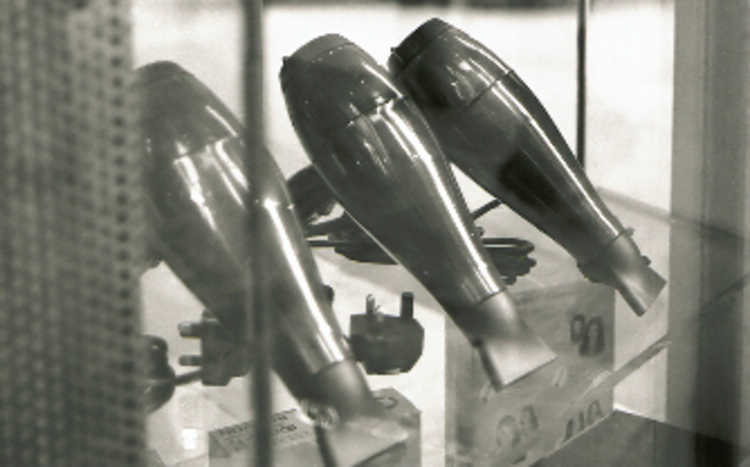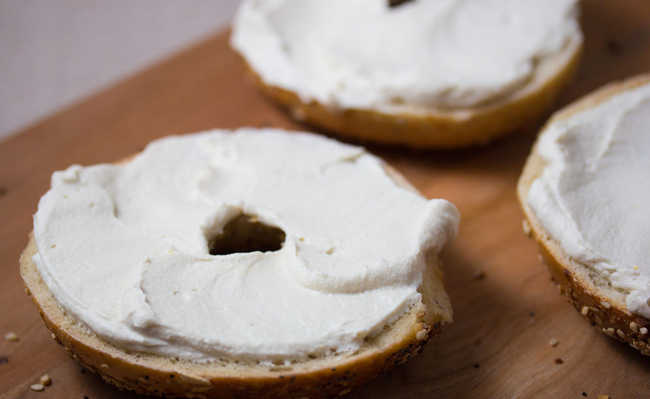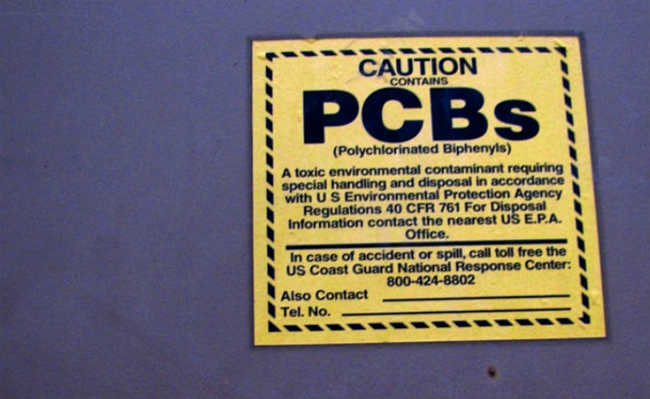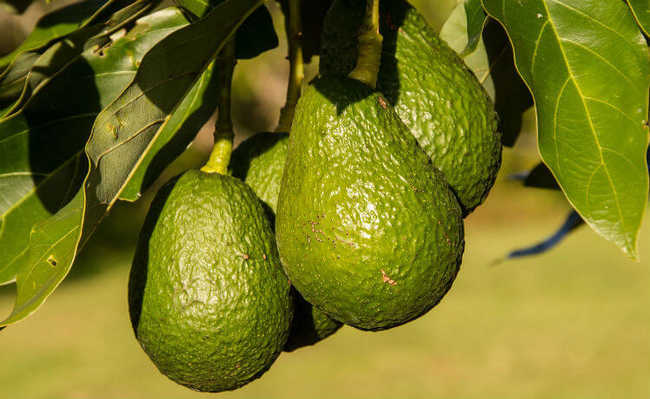Ten high protein foods
Check out a list of ten protein foods to help you diversify your diet
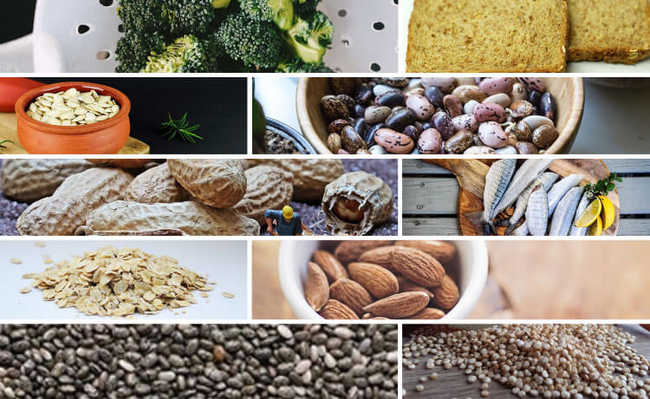
Eating foods rich in protein is essential for the proper maintenance of the body, as protein is a basic component of organs, muscles, skin and hormones.
In addition, proteins help you lose weight, eliminate belly fat, and increase muscle mass and strength. Protein-rich foods also help lower blood pressure and fight diabetes.
The recommended daily intake (RDI) of protein is 46 grams for women and 56 grams for men, but this ratio varies depending on weight and personal goals (athletes need to get more protein). And don't think that you can only get protein from meat or animal products - vegetables are also great sources of protein. Check out a list of high-protein foods that will help you vary your diet.
Protein rich foods
1. Chia seed
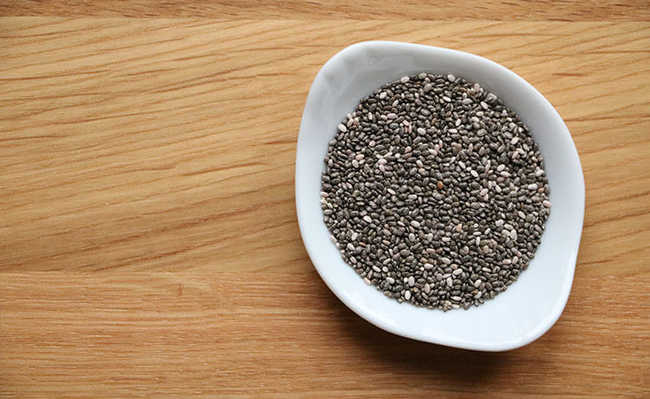
Alexandra Niculai image by Unsplash
Chia seed has a high nutritional value, is full of antioxidants, contains omega-3s, fiber, vitamins, minerals such as magnesium and potassium and complete proteins. It is considered one of the few vegetables to offer such a high nutritional value. Learn more about its benefits in the article: "Benefits of chia and what it is for".
2. Quinoa
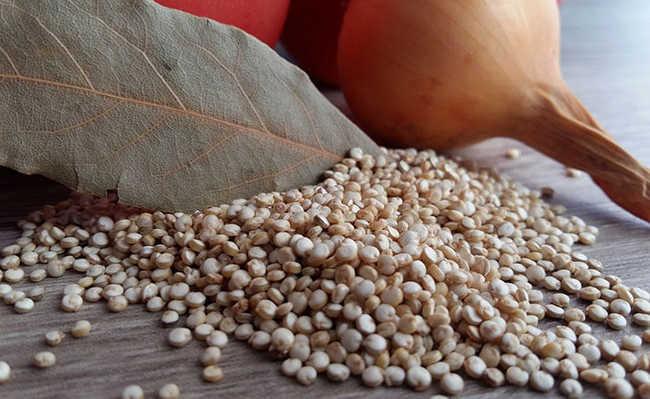
Susana Martins image by Pixabay
Unlike most vegetables, quinoa contains complete protein (it contains the nine essential amino acids needed by the body). In addition, quinoa is a source of fiber, antioxidants, vitamins and minerals.
- Quinoa: benefits, how to make it and what it is for
- What are amino acids and what are they for
Every 100 grams of quinoa contains 15 grams of protein, 68 g of carbohydrates, 9.5 mg of iron, 286 mg of phosphorus, 112 mg of calcium, 5 g of fiber and 335 kcal.
3. Almonds
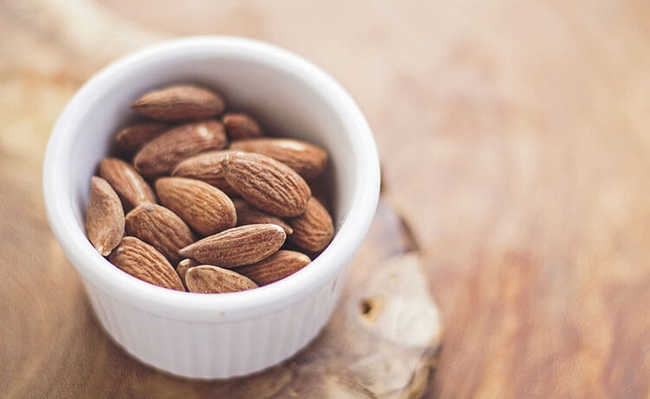
Free-Photos Image by Pixabay
In addition to being protein-rich ingredients, almonds are loaded with fiber, vitamin E, manganese and magnesium. Each 28 grams of almond contains six grams of protein and 161 calories.
- Magnesium: what is it for?
4. Peanuts

Image by S. Hermann & F. Richter by Pixabay
Peanuts are rich in protein, fiber, magnesium and other nutrients. Peanut butter is also very high in protein, despite being quite fatty. Each 28 grams of peanuts contains seven grams of protein. But it's one of the vegetables that doesn't provide complete protein, so it's necessary to combine its intake with other foods, not necessarily at the same time.
5. Oats
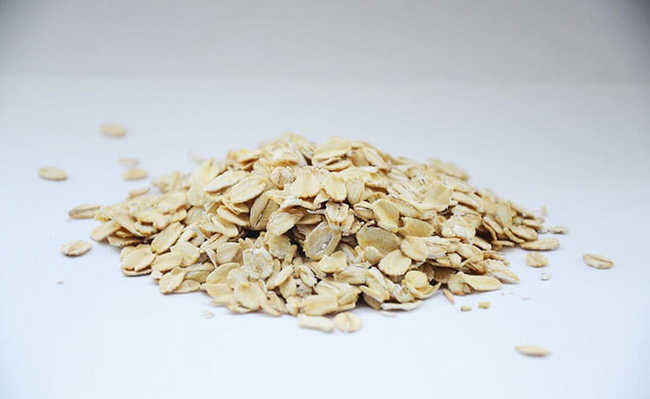
Miroslavik image by Pixabay
Oats in the gluten free version is loaded with healthy fiber, proteins magnesium, manganese, thiamine (vitamin B1) and several other nutrients. Half a cup of raw oats (13 grams) contains 303 calories, 15% of which is made up of proteins.
- Benefits of Oats
- What is gluten? Bad guy or good guy?
6. Beans
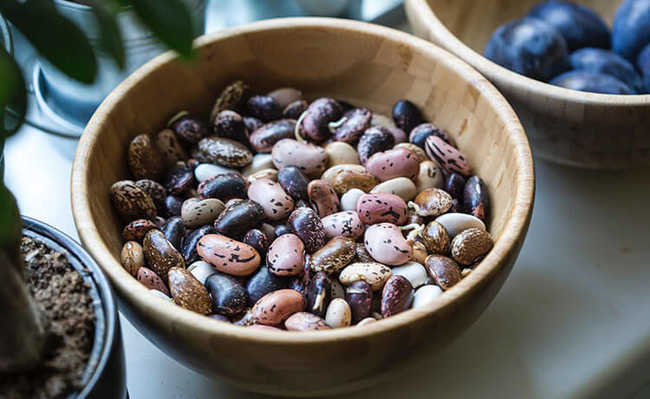
Image by Milada Vigerova in Unsplash
The various types of beans such as lentils, chickpeas, peas and beans are rich in fiber, magnesium, potassium, iron, folate, copper, manganese and many other nutrients. Besides being the best sources of vegetable proteins, they are excellent foods for vegetarians and vegans. One cup (198 grams) of cooked beans contains 18 grams of protein and 230 calories. But to get the protein in its complete form it is necessary to consume the beans with the rice.
7. Broccoli
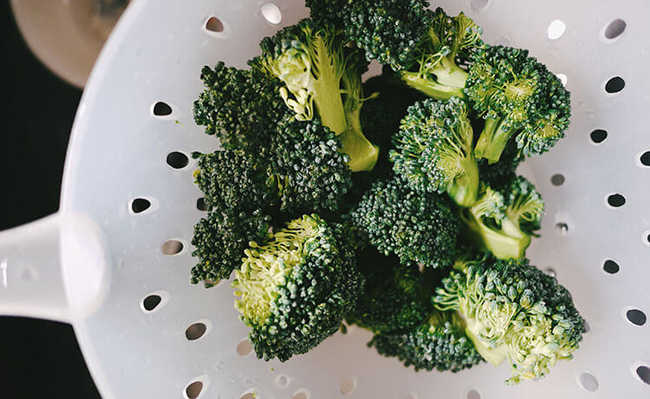
Image by CJ Dayrit in Unsplash
Broccoli is an incredibly healthy vegetable, loaded with vitamin C, vitamin K, fiber and potassium. It is also very high in protein. A cup (96 grams) of chopped broccoli has three grams of protein, with just 31 calories. However, unlike quinoa, broccoli does not have complete protein, so it is necessary to include other vegetable sources to obtain all the essential amino acids (complete protein).
8. Ezekiel Bread
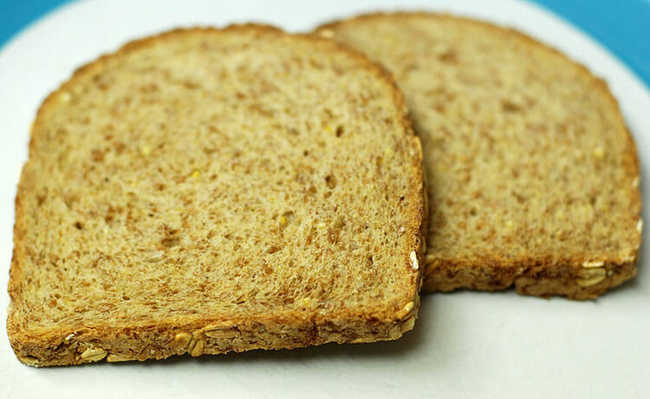
Evita Ochel image by Pixabay
Ezekiel bread is different from most other breads. It is made from sprouted organic whole grains and legumes, including millet, barley, spelled, wheat, soybeans and lentils.
Compared to most breads, Ezekiel bread is very rich in protein, fiber and several important nutrients. A slice of Ezekiel bread contains about four grams of protein.
Protein content: 20% of calories. 1 slice contains 4 grams, with 80 calories.
9. Pumpkin Seeds
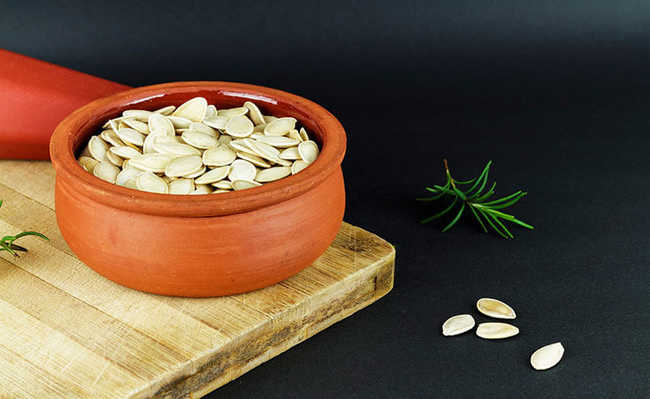
Vural Yavaş image by Pixabay
Each 28 grams of pumpkin seed contains about five grams of protein, in addition to nutrients such as iron, magnesium and zinc.
Check out other pumpkin seed benefits in the article: "Seven Pumpkin Seed Benefits for Health".
10. Lean meat
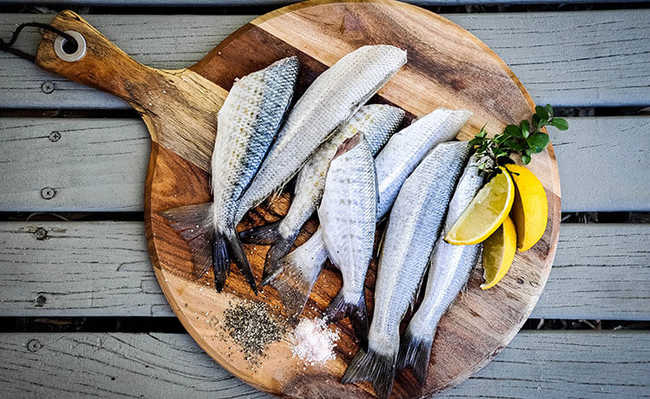
Image by Jeremy Stewart on Unsplash
Like quinoa and chia seed, animal meats have complete protein. In addition to being high in protein, lean meat (such as fish and chicken breast) is rich in bioavailable iron and vitamin B12.
An 85 gram serving of lean meat contains 10% fat, 185 calories and 22 grams of protein.
Adapted from: Healthline



